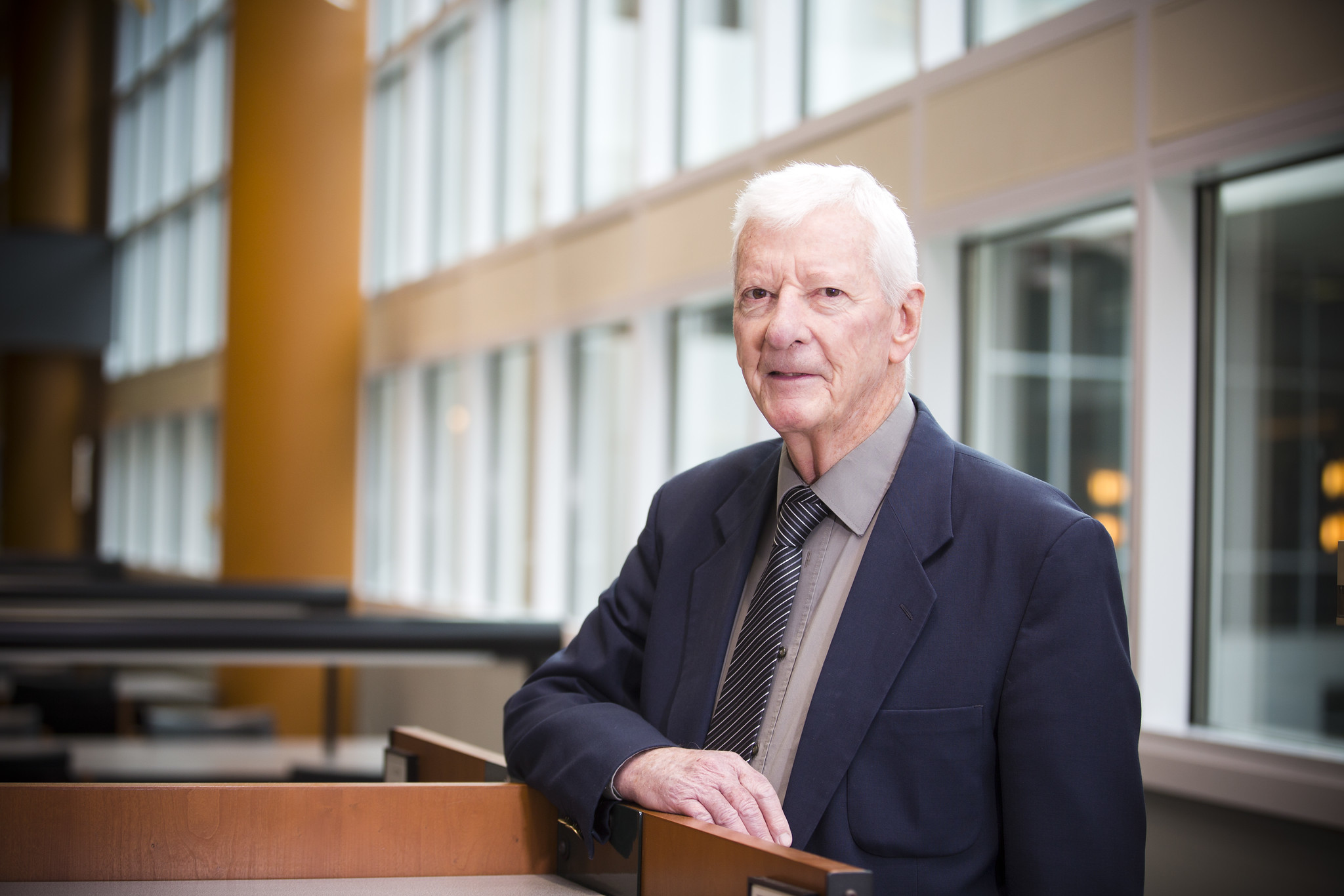
CSLR announces van der Vyver professorship
Emory University School of Law and the Center for the Study of Law and Religion have announced the establishment of the Johan van der Vyver Professorship in Law and Religion.

Emory University School of Law and the Center for the Study of Law and Religion have announced the establishment of the Johan van der Vyver Professorship in Law and Religion.

Emory Law’s Volunteer Clinic for Veterans has built initiatives to enhance students’ experience and logged a victory which resulted in a life-changing award for a veteran client.

Emory Law’s Center for Civil Rights and Social Justice and The Carter Center will host “Advancing the Rule of Law in U.S. Elections.” This symposium will launch a partnership between the CCRSJ and the Center that aims to increase support for civil rights and social justice in the legal community.

The Center for Transactional Law and Practice celebrated its fifteenth anniversary May 18, 2023, at the Miller-Ward Alumni House.

In these new volumes, Witte retrieves the major legal and theological teachings that have shaped these institutions and outlines ways to strengthen, reform, and integrate them anew.

Marissa Cohen 22L already had a JD when she came to Emory Law. So, why invest in a master of laws at Emory? "My first reason ... was the realization that my JD wasn't enough to quench my thirst about the law," she says.
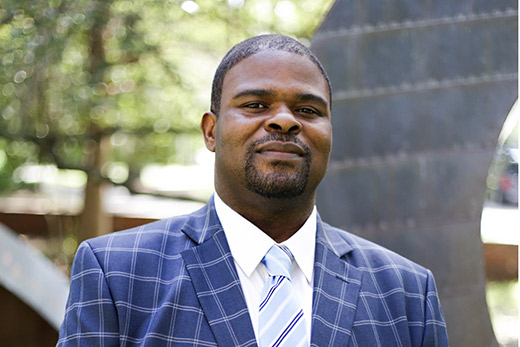
The new center will enhance the law school’s already rich focus on issues of civil rights, human rights, and social justice.
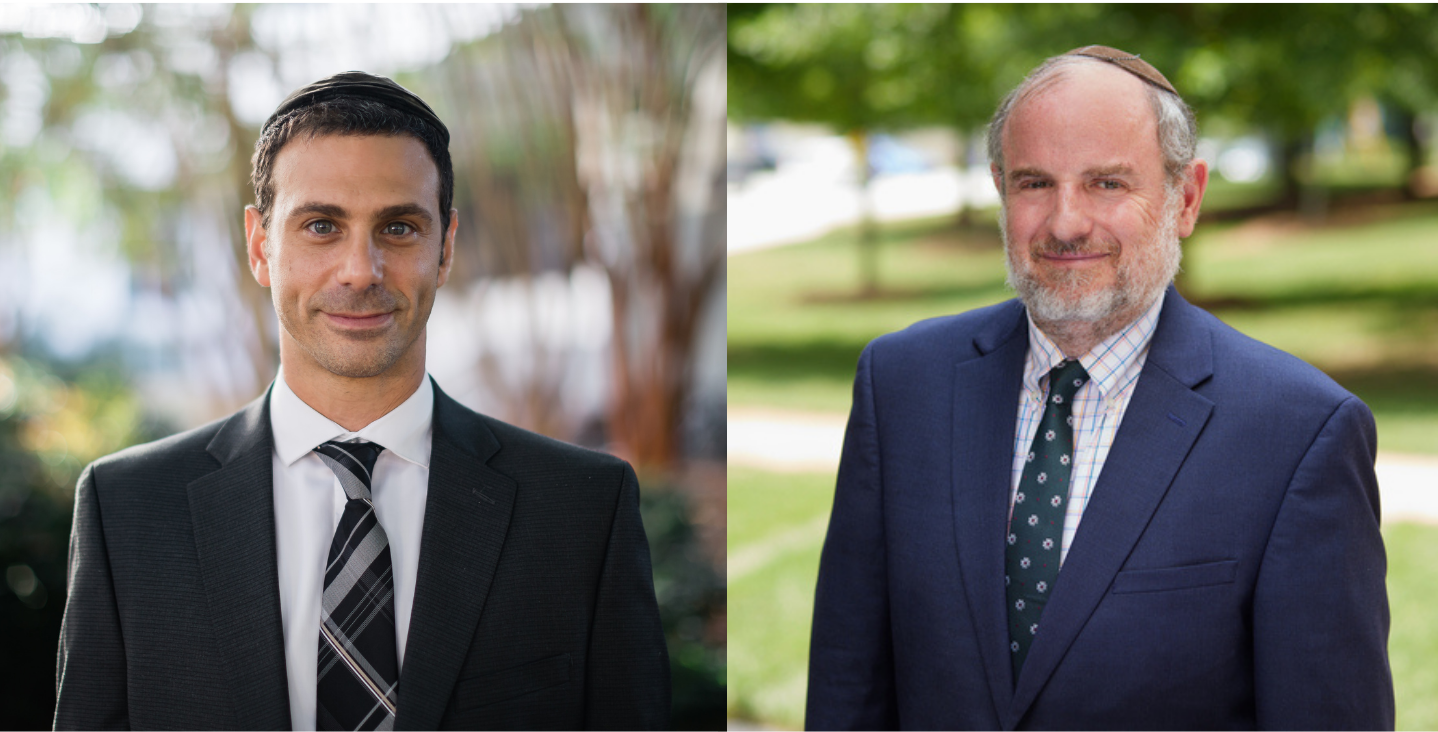
CSLR has received a $1.8M charitable gift from the MirYam Institute to fund a new program called The MirYam Project in International Ethics & Leadership: Law, Religion, Health & Security.
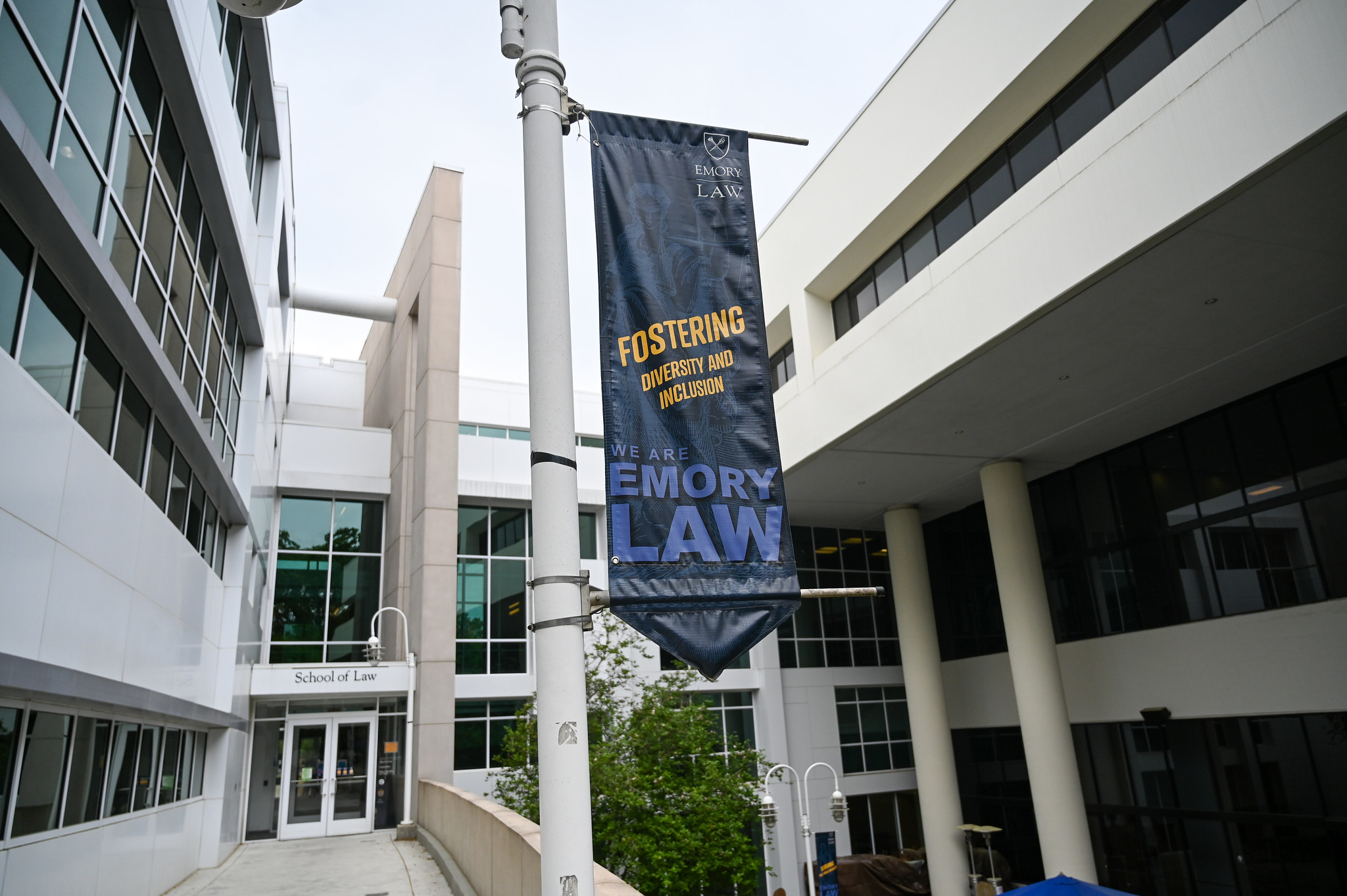
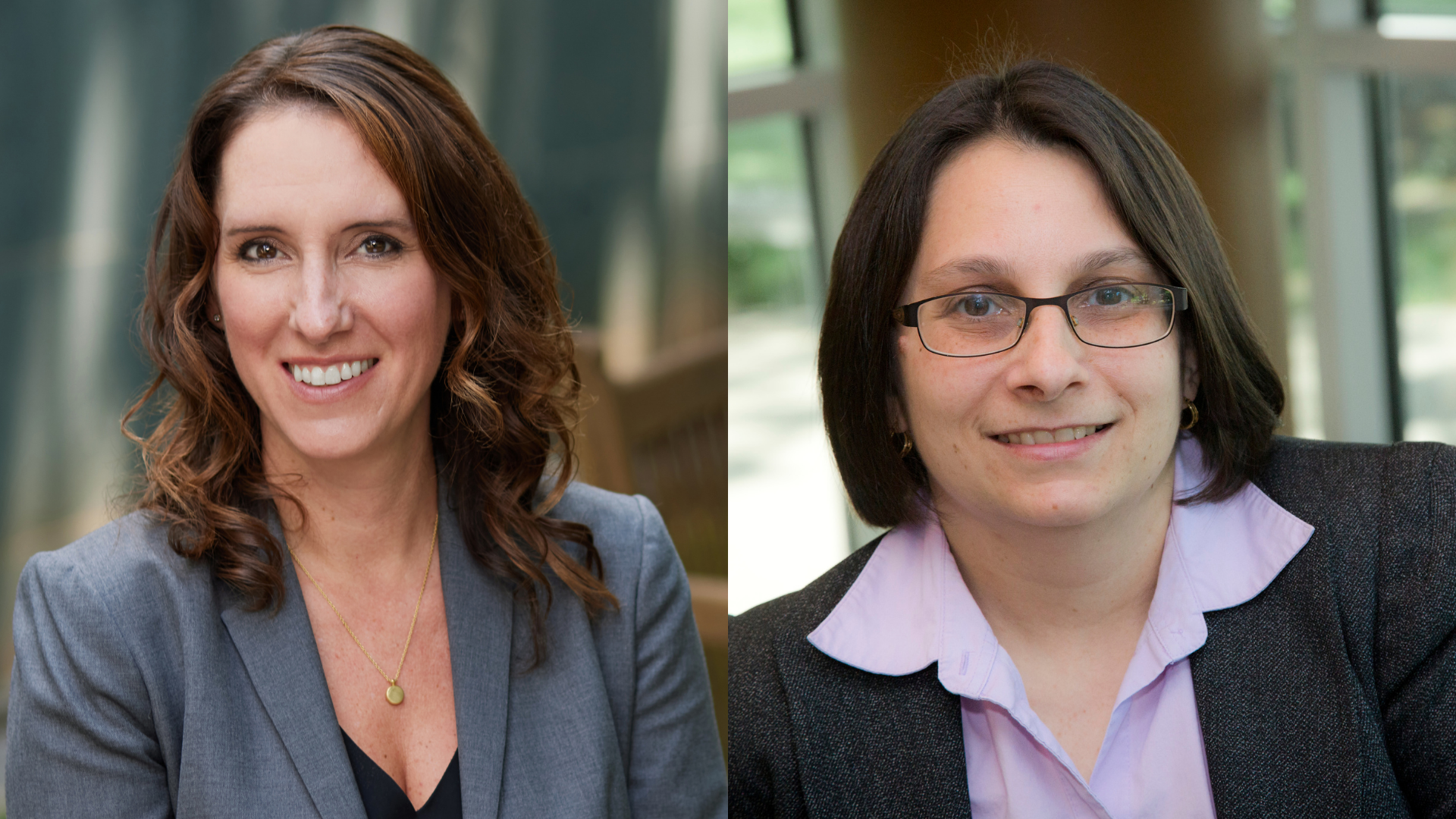
Morehouse School of Medicine has established a Child and Adolescent Psychiatry (CAP) Fellowship, in which Emory's Barton Center will play an important part. Barton Center’s Melissa Carter and Randee Waldman hold adjunct faculty appointments that serve to formalize and institutionalize the programmatic partnership between the Barton Center and the Morehouse CAP Fellowship.
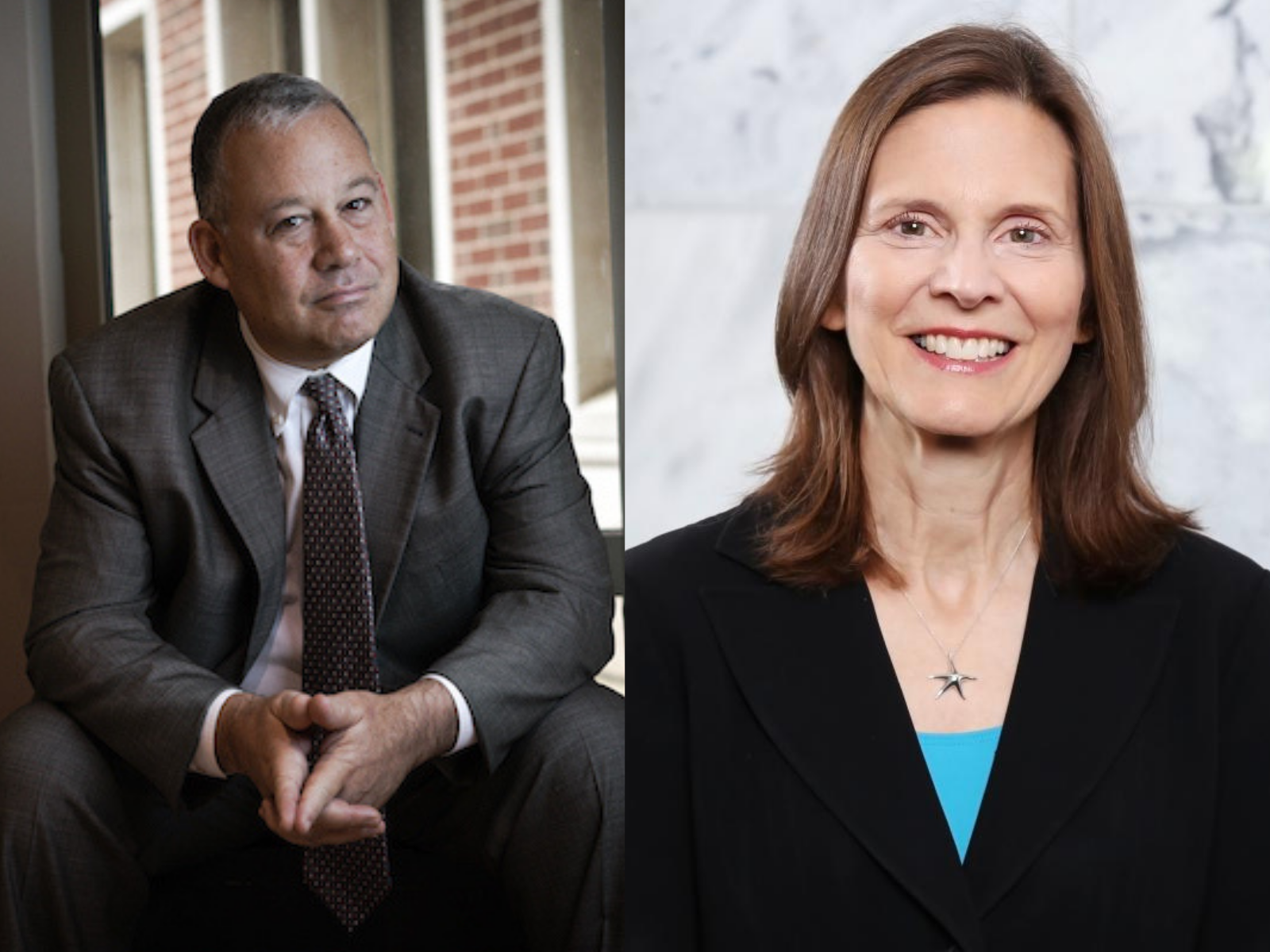
Emory’s Center for Transactional Law and Practice has named George W. Kuney and Carol Morgan the 2021 winners of the Tina L. Stark Award for Excellence in the Teaching of Transactional Law and Skills.
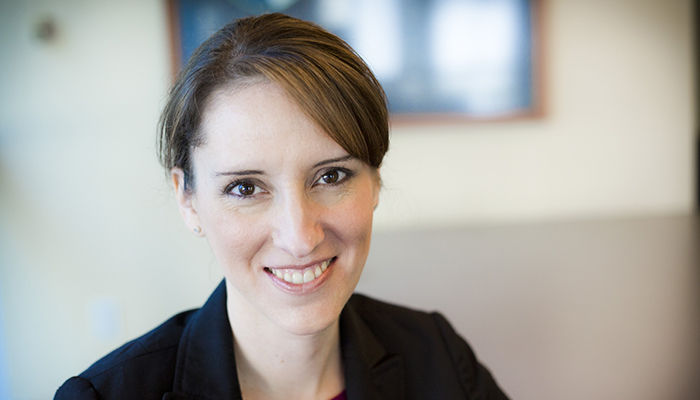
Emory University receives $1 million NoVo foundation grant to advance systems-based solutions to end commercial sexual exploitation. Emory Law’s Barton Child Law and Policy Center part of multi-sector partnership to advance systems-based solutions to support marginalized communities

Professor Jonathan Nash has assumed the role of director of the Emory University Center for Law and Social Science.
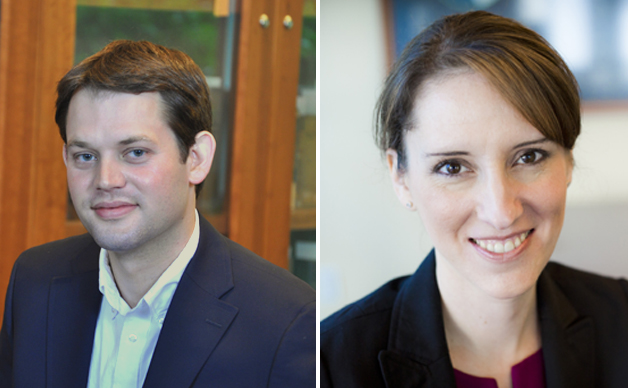
The Barton Child Law and Policy Center expanded its clinical offerings in 2011 with the addition of the Appeal for Youth Clinic.

T. Alexander Aleinikoff, a leading scholar in immigration and refugee law, will give the annual David J. Bederman Lecture on Wednesday, April 6 at 12 noon in Emory Law's Tull Auditorium.

Emory was awarded the top title of regional finalist in the New England regional competition and the second-place title of regional semi-finalist in the Southwestern regional competition.
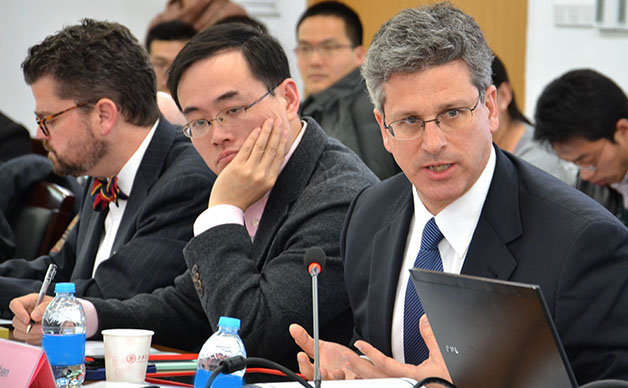
Feb. 18 and 19, the Emory Corporate Governance and Accountability Review and the Center for Advocacy and Dispute Resolution will partner to present ¿Fraud Against the Government & SEC Whistleblower Actions Training.¿ This event will feature more than 20 authorities on fraud, including U.S. attorneys, experts from the U.S. Securities and Exchange Commission and judges.

Politico asked several historians, "Which president had the best last year in office?" Emory Law Professor Mary Dudziak says President George Washington made a powerful choice in not seeking a third term (which is now a constitutional requirement). Obama can lead by choosing not to act, she says. "Instead of bypassing Congress, if Obama refused to project American military force in Iraq, Syria or elsewhere without an authorization from Congress, it would set a striking example and serve as a powerful legacy," Dudziak writes.

More than 100 Georgia minors under the age of 18 are in adult prisons. That's due to Georgia's so-called "seven deadly sins" law, which is shorthand for the seven charges that vault juveniles to adult court. The approach was meant to deal with kids who were becoming "super-predators." Melissa Carter, who leads Emory Law's Child Law and Policy Center, says it's time to revisit get-tough on youthful offender laws.

Emory Law welcomes Katherine M. Koops as assistant director of its Center for Transactional Law and Practice.

The Center for the Study of Law and Religion at Emory University has received a $1 million gift to expand training and scholarship in religious freedom

Ideas, frustrations, inspiration, and understanding were exchanged when four Supreme Court justices from the Republic of Mozambique visited Emory Law on June 11.
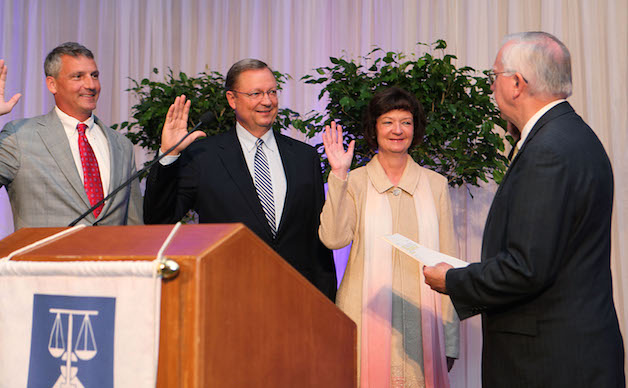
Rita A. Sheffey, assistant dean for public service at the Emory University School of Law, was installed as president-elect of the 47,000-member State Bar of Georgia on June 20 during the organization's Annual Meeting.

John Witte, Jr. will spend the fall 2015 semester at the Library of Congress to research his new book series.

On the heels of impressive regional wins, Emory Law's Transactional Law Program Negotiation Team recently won Best Draft, Semi-Finalist and National Champion honors (Seller's side) at the 2015 National Transactional LawMeet.
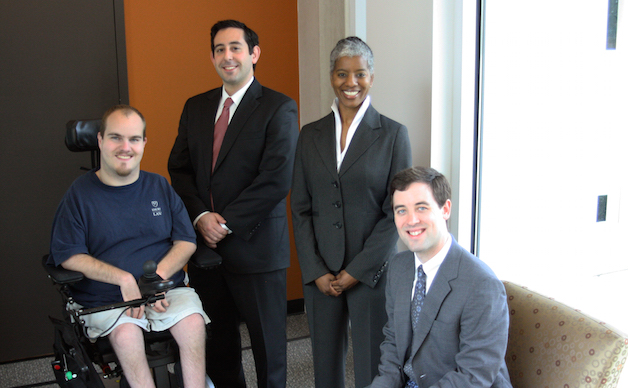
Emory University School of Law won an international law and religion moot court competition in Venice, Italy, prevailing over 14 teams from four continents.
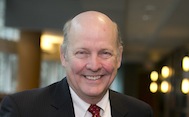
One year after a massive landslide killed 43 people, Washington Gov. Jay Inslee is pushing to fund new mapping of geological hazards across the state and make that data available to the public. But in a recent interview he said the state won't tell property owners where they can or can't live, citing the difficulty of predicting landslides, the Wall Street Journal says. "Local governments are reluctant to say to private property owners, 'You can't do something,' " said Emory Law Professor Frank Alexander, who has studied the issue. "The American spirit hates to be told they can't do something." (subscription required)

"The China-Tibet Dialogue and Its Implications for International Conflict Resolution: A Conversation with Lodi Gyari Rinpoche and Emory Law Professor Paul Zwier" takes place Monday, March 23, at 7:30 p.m. Gyari is a Tibetan diplomat and former special envoy to His Holiness the Dalai Lama. Zwier is director of Emory Law's Center for Advocacy & Dispute Resolution.
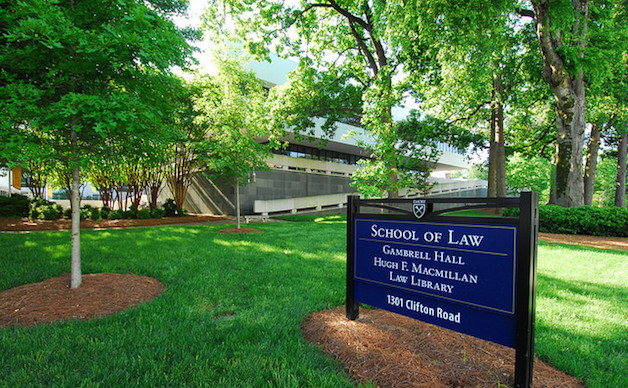
Emory Law's Transactional Law program negotiation teams won "best negotiator" titles in regional competitions.
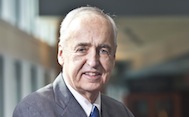
Emory Law Professor William J. Carney and his wife, Jane, have created a challenge grant of $1 million to benefit the law school¿s Center for Transactional Law and Practice.

The Center for the Study of Law and Religion at Emory University is launching a new book series on law and Christianity.

Georgia Governor Nathan Deal has appointed Melissa Carter to the Georgia Commission on Family Violence.
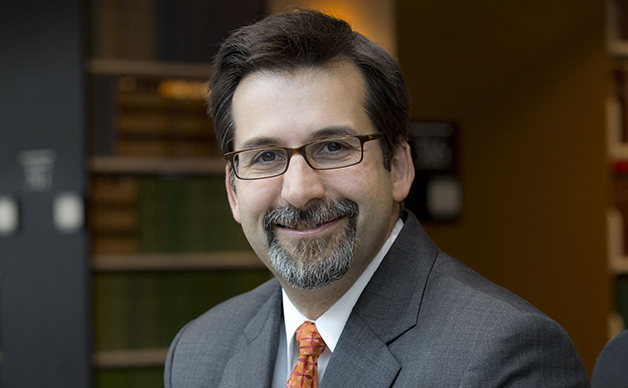
Emory Law School has named Vice Dean Robert B. Ahdieh the K.H. Gyr Professor of Private International Law for outstanding achievement in scholarship and teaching in international law.

Emory Law Professors Abdullahi Ahmed An-Na'im and William Buzbee will discuss their recently published books at this year's AJC Decatur Book Festival, held Aug. 29-31.

Where wrongful conduct actually results in increased revenue that rewards corporate officers and employees, is it plausible that an internal compliance mechanism can freely and fully investigate and right wrongful behavior? Do corporations really have an incentive to fully address wrongful conduct that generates significant revenue? These are important questions particularly at a time when civil and criminal penalties are merely part of the cost of doing business.

Land banks are public entities created to revive vacant or tax-foreclosed properties. The small city of Newburgh on the Hudson River has been trying to revitalize itself using a land bank.

For the first time, a computer program passed the Turing Test for artificial intelligence.

Emory University School of Law's Center for Advocacy and Dispute Resolution has established an apprenticeship program.

Emory Law professor An-Na'im publishes book, What Is an American Muslim?
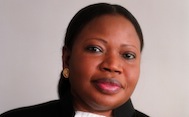
Fatou Bensouda, chief prosecutor for the International Criminal Court, will speak at Emory Law on April 9, 2014.

Georgia inmates who faced the death penalty before age 18 will be resentenced.

A Harvard professor compared choosing a car to having kids. It's a poor reason to deny maternity coverage to struggling parents
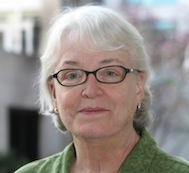
Nordic women's university features Fineman's work on vulnerability.

There are approximately 150 land banks across the country, and Frank Alexander has been involved in creating many of them during the past 20 years.

A working group of state senators Monday heard a second round of testimony on whether the state should further privatize its foster care system.

An opinion piece by Barton Child Law and Policy Center Director Melissa Carter

Students from the Emory Law Barton Child Law and Policy Center Appeal for Youth Clinic drafted the appeal and argued the case.

A Washington Post investigation found some investors demanded thousands in fees from homeowners far exceeding the original tax debts and then took the homes when they couldn¿t pay. About 500 properties have been lost since 2005, most in the city¿s poorest neighborhoods.

An important but little-known episode in the story of the March on Washington unfolded on Aug. 17, 1963, in a Paris nightclub called the Living Room. James Baldwin and others living abroad met to support the upcoming March on Washington.

The Journal of Law and Religion, long the flagship publication in the field, will move to the Center for the Study of Law and Religion (CSLR) at Emory University School of Law in August 2013.

When the Supreme Court on Monday sent Fisher v. University of Texas, an affirmative action case, back to the lower court for a second look, supporters of race-conscious policies breathed a sigh of relief.

Mary L. Dudziak thinks that to get to the heart of a matter -- in law and in scholarship -- it can be helpful to start at the edges. To understand domestic law, she looks to its global impact; to understand contemporary war, she looks to its past.

Chinese judges participated in a new partnership between Emory Law, City University of Hong Kong, and Supreme People's Court.

Emory Law students worked on the passage of a landmark overhaul of Georgia juvenile code.

Melissa Carter, director of the Barton Child Law and Policy Center, discusses a proposal to overhaul Georgia¿s juvenile justice system that has passed the House and is expected to be before the Senate this week.

A new student-founded clinic at Emory University School of Law will focus on justice for Atlanta-area veterans by providing free legal representation for disability benefit claims and appeal hearings.

A Georgia House-Senate study commission has released a new report on human trafficking in Georgia. It updates and expands a report from three years ago, which resulted in a 2011 law imposing much tougher penalties on those who engage in the sex trafficking of children.

A special state council today will recommend repairs for a juvenile justice system that spends $91,000 a year for each bed in its state detention centers. Council members point to the enormous expense of incarcerating young offenders in a state ¿youth development campus,¿ or YDC, while producing poor results, as evidence that the system isn¿t working.

The Governor¿s Special Council on Criminal Justice Reform is recommending Georgia establish a two tiered system for felonies committed by juveniles younger than 17. Kirsten Widner with the Barton Child Law and Policy Center at Emory University says the new system would lock up violent offenders, and send non-violent offenders to community treatment.

U.S. Supreme Court justices meet Friday to decide if they will hear any of several cases involving the federal Defense of Marriage Act, which bans federal recognition of same-sex marriages. Michael Perry, an Emory University Woodruff Professor of law, explains what the court's action on this federal law could mean for Georgia.
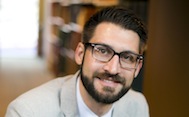
The Center for the Study of Law and Religion at Emory Law named Silas Allard as Associate Director